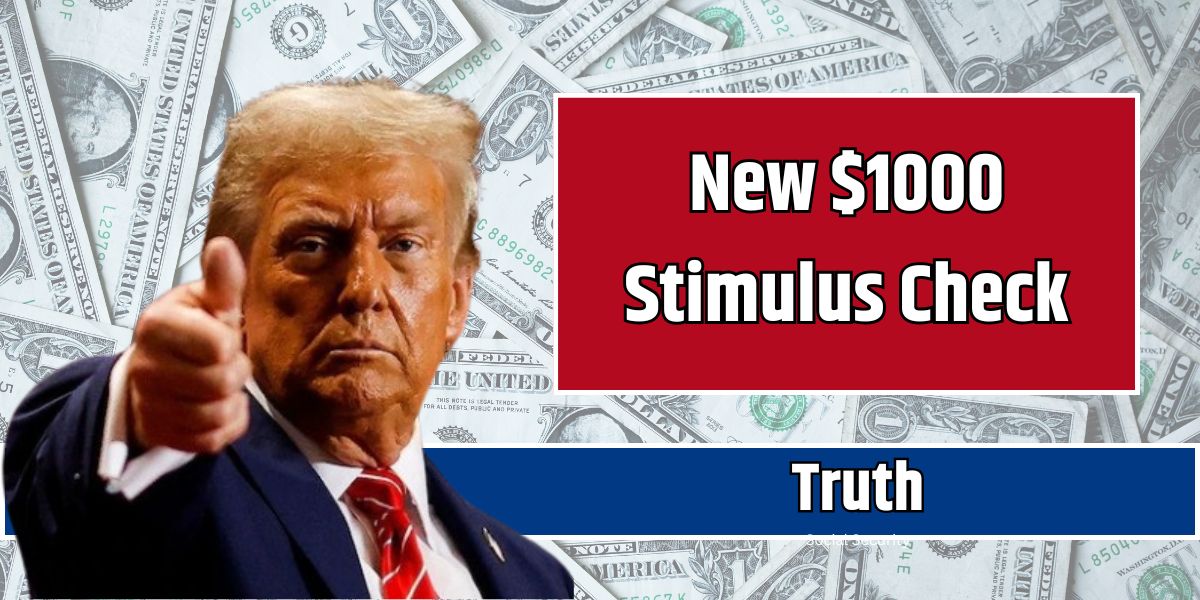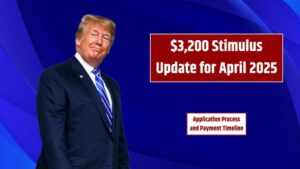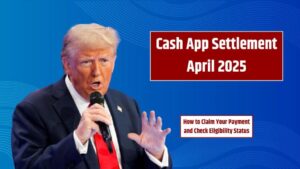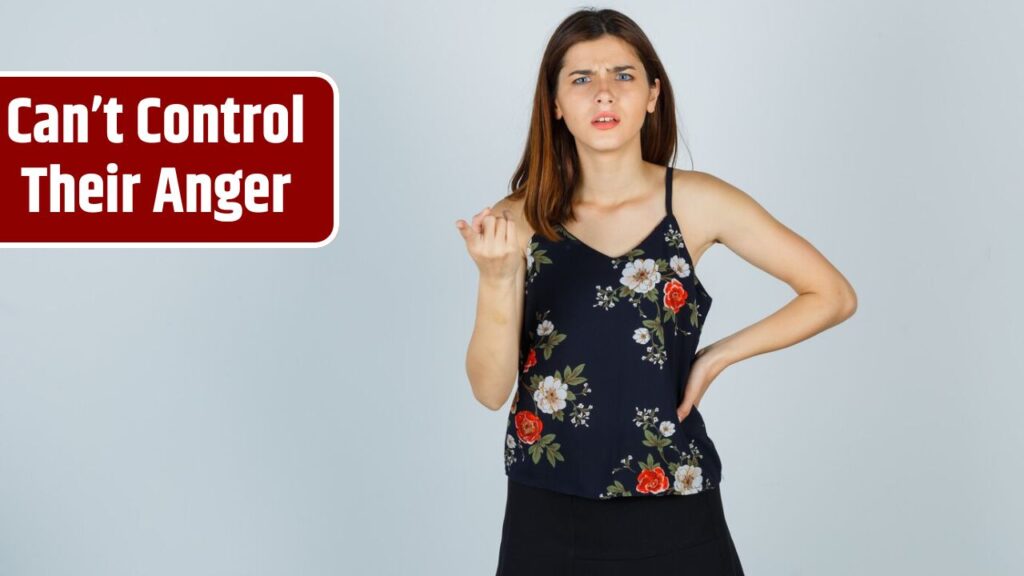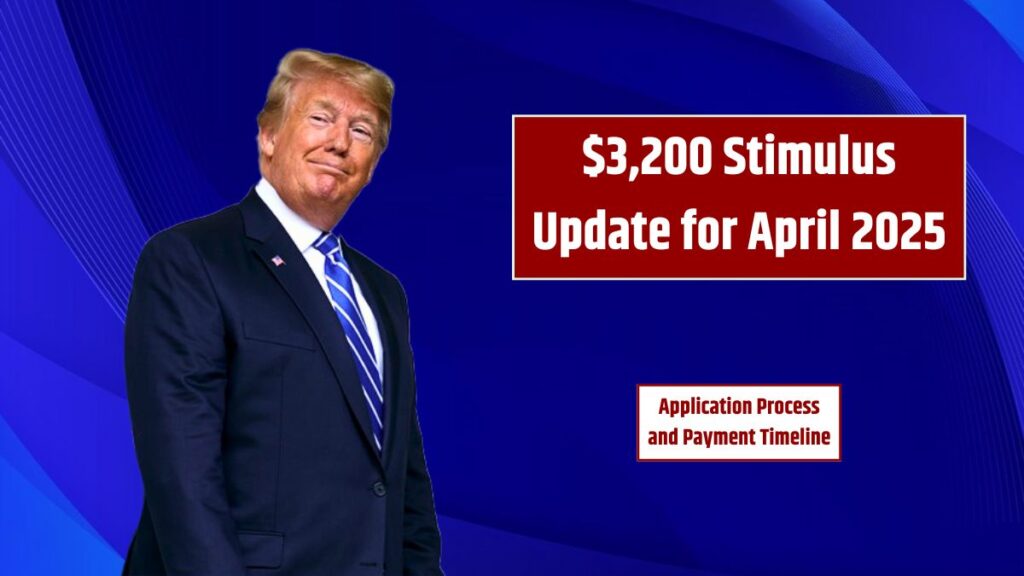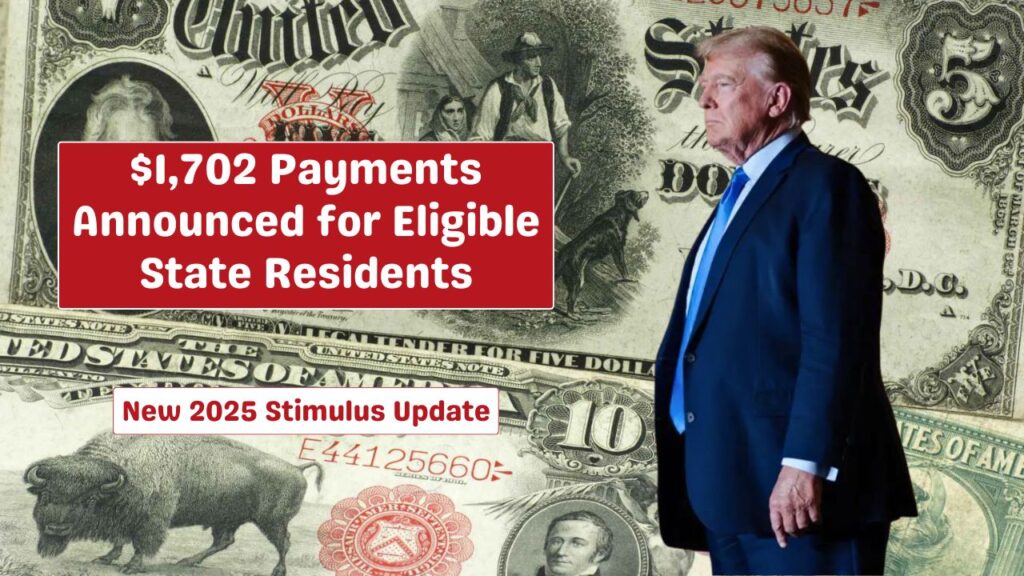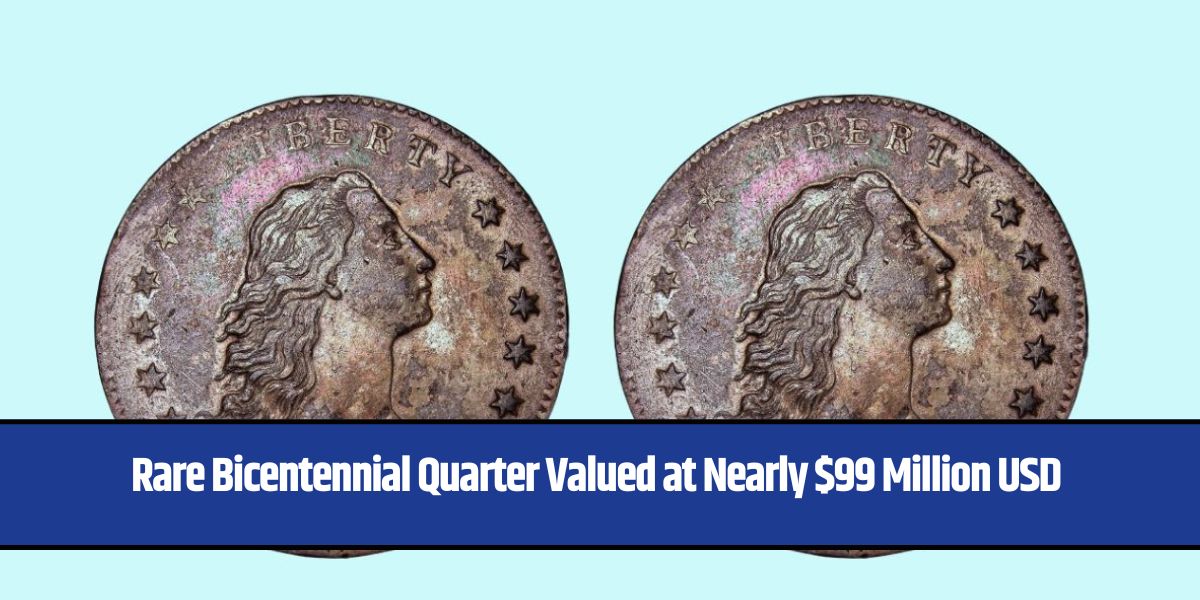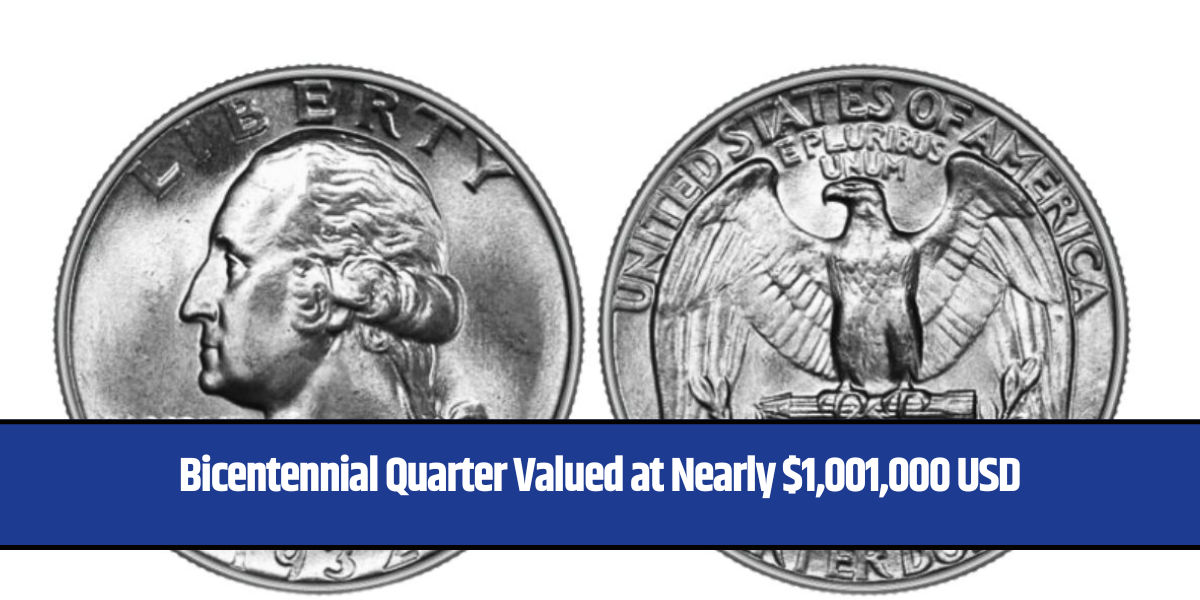Social media is a powerful platform for sharing information, but it’s not uncommon for misleading claims to spread rapidly, especially when financial aid is involved. Recently, a viral Facebook video claimed that a new $1,000 stimulus check was being distributed to all Americans in November and December 2024. This claim has stirred significant interest, but upon investigation, it becomes clear that the information is not accurate. Here’s a fact-checked analysis to clarify the situation.
The Viral $1,000 Stimulus Check Claim: Fact vs. Fiction

The Basis of the Claim
The video alleges that a $1,000 stimulus payment was approved to alleviate financial burdens such as rising credit card debt. It gained credibility due to its inclusion of a manipulated news clip featuring CBS anchor Norah O’Donnell, giving the impression of legitimacy. The post quickly garnered thousands of shares and likes, amplifying the narrative.
Official IRS Response
The Internal Revenue Service (IRS), which oversees the distribution of federal stimulus payments, has categorically denied the existence of a new $1,000 stimulus check program. In response to inquiries, an IRS representative clarified that no such initiative has been launched or approved. The agency also emphasized caution against misinformation, particularly on platforms prone to viral hoaxes.
Evidence Debunking the Claim
Manipulated Video Content
The viral video uses an altered clip of a CBS News segment originally aired in June 2023. The segment discussed rising credit card debt but made no mention of a stimulus payment. Fact-checking organizations, including TrueMedia.org, confirmed that the clip had been edited to mislead viewers. This misuse of reputable media sources is a common tactic in spreading false claims.
Lack of Official Announcements
No announcement has been made by the U.S. Department of Treasury, the IRS, or other federal agencies regarding a new stimulus payment. Historically, stimulus programs are widely publicized through press releases, official government websites, and major news outlets. The absence of any such reports further invalidates the claim.
Previous Stimulus Precedents
During the COVID-19 pandemic, stimulus payments were accompanied by clear guidelines, official announcements, and extensive media coverage. These measures ensured transparency and public awareness. In this case, the supposed stimulus program lacks any of these hallmarks.
Understanding the Spread of Misinformation
Why Such Claims Gain Traction
Several factors contribute to the rapid spread of misleading financial claims:
- Financial Stress: Economic challenges make people more receptive to news of potential relief, even if it’s false.
- Trust in Familiar Media Faces: Incorporating recognizable figures or networks lends unwarranted credibility to false claims.
- Viral Nature of Social Media: Misinformation often spreads faster than corrections, creating widespread confusion before it can be debunked.
Spotting and Avoiding Financial Misinformation
Practical Tips for Verification
- Check Official Sources: Visit trusted government websites like irs.gov or the U.S. Department of Treasury for accurate information.
- Examine Content Carefully: Be cautious of videos with edited or out-of-context clips, which are common in misleading posts.
- Consult Professionals: Financial advisors or accountants can help verify claims and provide guidance on legitimate programs.
- Look for Coverage: Major news outlets will typically report on significant government initiatives like stimulus checks.
The Truth About the $1,000 Stimulus Check Claim
The claim that a $1,000 stimulus payment is being distributed in late 2024 is entirely false. It originates from a manipulated video featuring outdated and unrelated news footage. Neither the IRS nor any federal agency has announced or confirmed such a program. It’s crucial to rely on credible sources and avoid falling for viral misinformation.
FAQs
Has the U.S. government approved a $1,000 stimulus check in 2024?
No, there has been no approval or announcement of a $1,000 stimulus check in 2024.
Where can I find accurate information about government benefits?
Why do false financial claims spread so easily?
False claims often tap into financial anxieties and use tactics like fake news clips to appear credible, making them more likely to be shared.
How can I verify financial news seen on social media?
Cross-check with trusted sources, such as government announcements or major news outlets, and consult with financial professionals if in doubt.
What should I do if I shared a misleading post?
Delete the post and inform others that it was inaccurate. Encourage your contacts to seek information from reliable sources.

